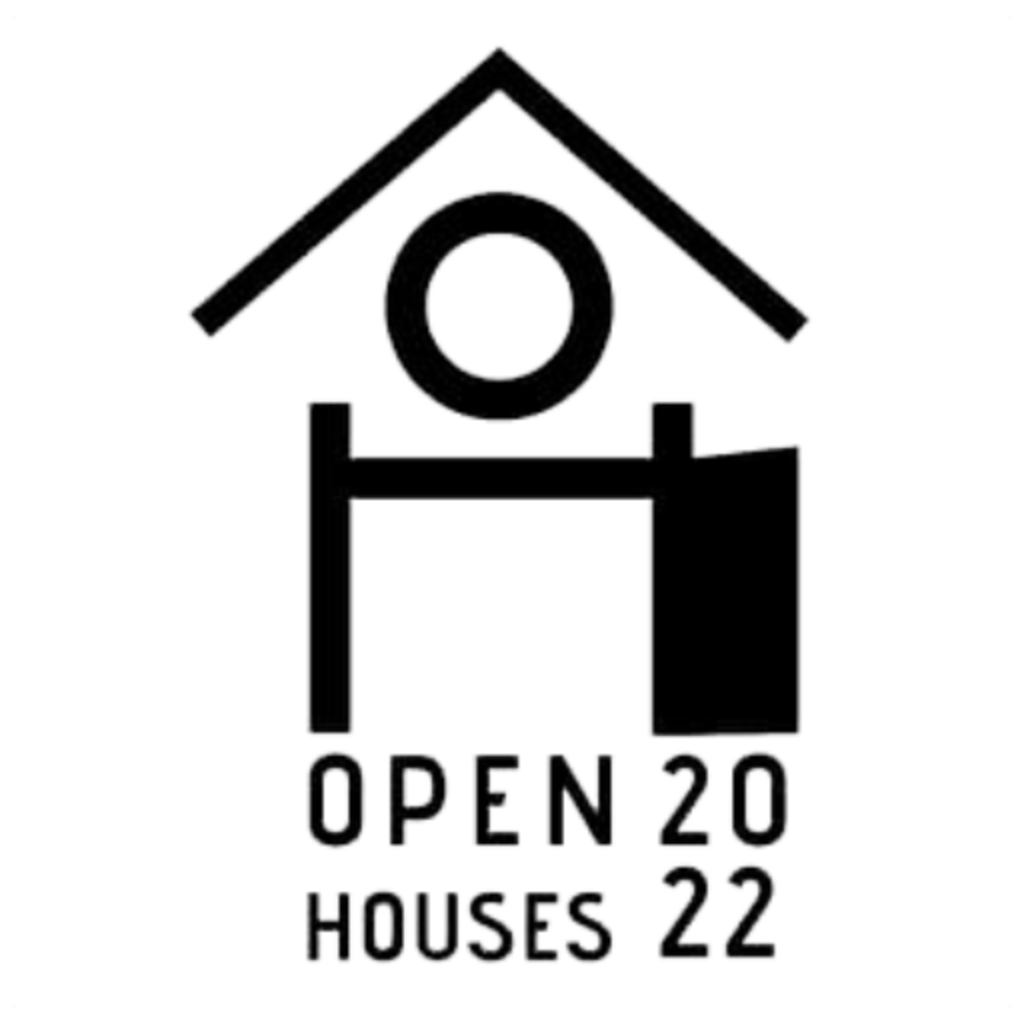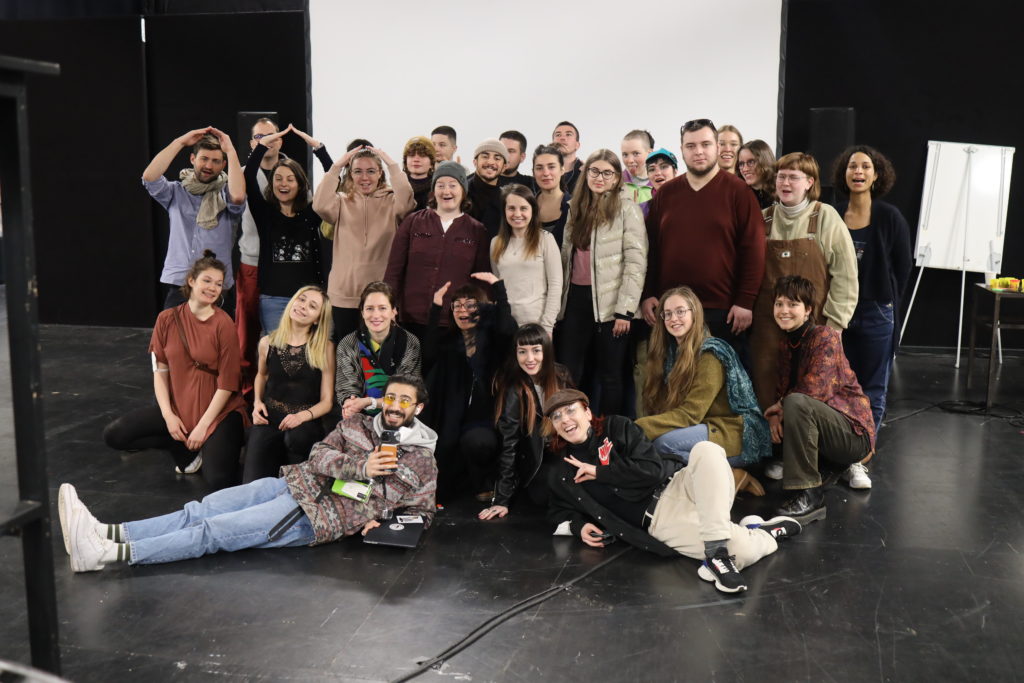Open Houses : A European Framework

“Erasmus” can be thought of as a way to discover different places in Europe. Originally reserved for students, the scheme was quickly given a “+” to allow more young Europeans to explore other realities through mobility projects. 2021 marked the beginning of a new cycle of Eramus+ projects, a scheme supported and funded by the European Union. The Open Houses project is part of this cycle.
Open Houses is a cooperation partnership dedicated to youth that involves seven structures based in three cities: Sibiu in Romania, Hamburg in Germany and Rennes in France. By mixing intercultural meetings, reflective workshops, artistic workshops and visits to places in each city, this European framework has allowed the implementation of the Open Houses experiment.
Open Houses : Objectives and Stakeholders
The project originated from questions about the commitment of young people and the appropriation of cultural venues. It is also an objective shared by the actors of the project; that of opening the doors of theatres to young adults in a context marked by the consequences of the health crisis, the commodification of cultural goods and the precariousness of a part of the population, deprived of access to its cultural citizenship. The initial objectives were therefore to support young people’s “cultural citizenship”, to innovate in terms of opening up and appropriating theatres, and to develop cooperation between groups of young people and professionals from these cultural institutions.

The project ran from November 2021 to April 2023. It took the form of a transnational cooperation space involving different actors (youth associations, theatres and young people) to innovate in terms of cultural action and support for the empowerment of young people in Europe.
On the one hand, 7 organisations active in France, Germany and Romania co-sponsored the project. In each country, a pairing was created between a youth organisation and a theatre. In Sibiu, Romania, the non-governmental organisation RESET, which works on youth empowerment, cooperated with the “Radu Stanca” theatre, a public cultural institution founded in 1948. In Hamburg, Germany, the association Beyond Borders, founded in 2017 by a group of young people aiming to organise social projects, got involved with the Kampnagel, the largest production centre for contemporary arts in Germany. In Rennes, France, the association Jeunes à Travers le Monde (JTM), which works on the international mobilisation of young adults, worked with the Théâtre National de Bretagne, a European centre for theatrical and choreographic creation. In addition, the Coop’Eskemm study and animation cooperative, which specialises in public action for young people, supported the approach in all three countries. Although these actors have different approaches in terms of support for young adults, they all felt the need to question their practices and posture in the direction of active participation by young people.
On the other hand, about thirty young adults were mobilised and actively engaged in this collective adventure. Living in three European countries, they approach this stage of life differently, marked by transitions, obstacles and discoveries.
It is a period during which they are not always listened to and considered by public authorities or social and cultural organisations. Some encounter social or psychological difficulties, limiting the possibilities of engagement or mobility.
Open Houses : From an investigation process to cultural propositions
In each country, these young people were supported by the organisations involved to carry out a survey on the place of young people in cultural institutions. During these surveys, the aim was to question their links to the cultural institution, to (re)discover it, to question its functioning and to find their place in it through a collective experience.
The method consisted of building the survey approach and its stages through cooperation between the youth collective, the youth organisations and Coop Eskemm. It involved thinking together to define and implement the research question, the analysis framework, the data collection system, the analysis of the materials and the production of the results
Adopting a researcher-actor posture, the participants investigated their experiences within the theatres, the Kampgnagel in Hamburg, the Radu stanca in Sibiu and the TNB in Rennes. They put words, criticisms and questions to these institutions with a fresh look that gave rise to different proposals.
Through this platform, the aim is to give an account of the materials collected but also to understand the effects of the survey on the young participants. We will try to answer the following question: To what extent did the survey method promote the empowerment of the project participants?